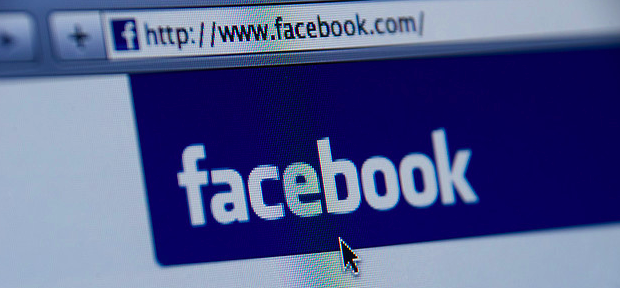Young women 'power users' of Facebook, Twitter: But why?

It should come as no surprise that social networking growth has significantly increased over the past three years -- doubling from 29 percent in 2008 to 65 percent this year.
But Generation Y women, according to the latest research out of the Pew Internet & American Life Project, are called out as "power users" in social networking growth.

89 percent of women aged 18-29 years old are connected to social networking sites, with the research saying that women have been "significantly more likely" to be on social media sites than men since 2009.
But this is key -- simply because most technology-driven trends are male dominated and all but without exception more popular with men.
What the research does not question is why women are spending more time on social media sites than men.
While women are 'portfolio builders' -- as seen with higher exam marks in girls than boys, and the often excessive number of photos on someone's profile page, men are often display narcissistic traits in-person.
Women are more social; in the way they interact, and remember birthdays, and building events. It is a stereotype, but some stereotypes exist for a reason. Just as men are more outwardly competitive, in that status updates seem to revolve around their own accomplishments.
Women tend to be career-focused and 'hyper-aware' of their own standing within a social network -- online and offline. They are aware of who they are and the attributes they contribute to their own social group, and appear monitor this closely.
Men are more likely to assert their alpha-male status and dominance over other men, for which all but every man believes they have, in a physical, in-person way; rather than using an indirect means of social networking to do it. Frankly, they get drowned out in the noise of the vast number of profiles made available to them through online friendship.
While the gap is narrow between women and men of all ages -- 70 percent and 60 percent respectively -- there is also an issue of social exclusion to contend with.
Because Facebook and Twitter are so large, it is all but socially unacceptable to not be a part of it. Those who are not members of a social network will find that they struggle to remain 'in the loop' and maintain contact with their friends through conventional routes.
But don't get me wrong -- there is a heavy overlap, and it isn't as simple as saying "one gender does this over another". As many sociological studies have concluded, in a few years gender will be ruled out as something without standing. 'Androgyny on paper' will prevail and the gender divide will eventually conclude to equality across the sexes, where socio-economic status and salary will balance out.
It only took a few thousand years of civilisation to get there.
I could hypothesise all day, but it would not be of any use. As strange as it sounds, the statistics do not matter.
There needs to be a lot more work done on the subject, particularly focusing on the gender divide and the sociological reasons why women use Facebook and Twitter more than men. It's something I personally endeavour to look into during the course of my masters degree.
Only for online advertisers should it matter as to why younger women are more likely to engage in social networking than men -- to point adverts in a specified way in order to gain as much revenue as possible.